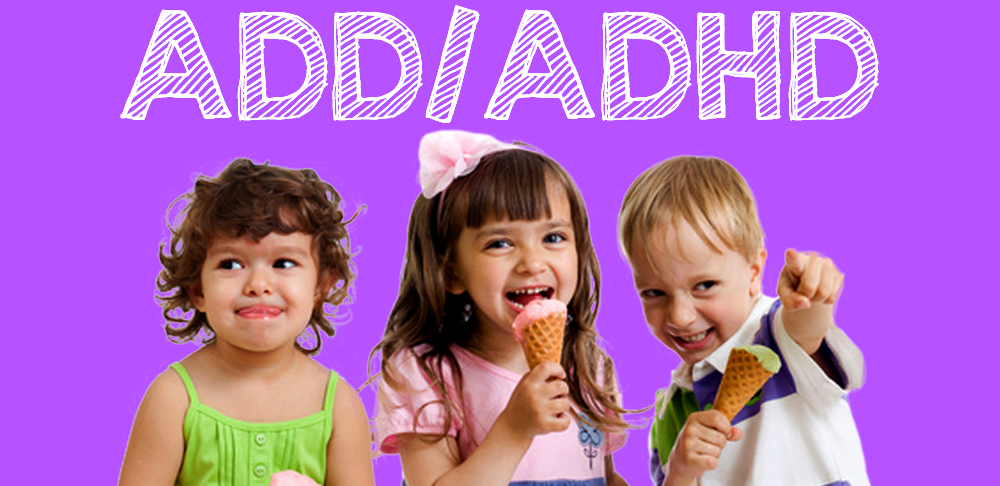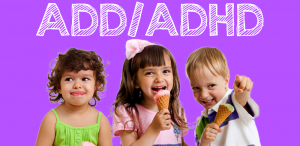Book Appointment Now

ADHD Symptoms
ADHD is characterised into three types:
Inattentive (which used to be called ADD), hyperactive-impulsive, and combined.
Inattentive: The symptoms may include daydreaming, disorganization, and careless mistakes.
Hyperactive-Impulsive: The ADHD symptoms may include fidgeting, nonstop talking, and impatience.
Attention-deficit/hyperactivity disorder (ADHD) is a neurodevelopmental disorder characterized by persistent patterns of inattention, hyperactivity, and impulsivity. While ADHD is commonly associated with difficulties in focusing and regulating impulses, it also manifests through various symptoms of boredom.
 Individuals with ADHD often experience a heightened sense of restlessness and a constant need for stimulation. This can lead to feelings of boredom when engaged in repetitive or mundane tasks that fail to capture their attention. They may struggle to sustain focus, becoming easily distracted and seeking out more stimulating activities. Consequently, they may exhibit signs of restlessness, fidgeting, and an inability to remain still or engaged in a task for an extended period.
Individuals with ADHD often experience a heightened sense of restlessness and a constant need for stimulation. This can lead to feelings of boredom when engaged in repetitive or mundane tasks that fail to capture their attention. They may struggle to sustain focus, becoming easily distracted and seeking out more stimulating activities. Consequently, they may exhibit signs of restlessness, fidgeting, and an inability to remain still or engaged in a task for an extended period.
Moreover, individuals with ADHD may display symptoms of impulsivity, seeking immediate gratification, and struggling with delayed gratification. This can contribute to a sense of boredom when tasks require patience or long-term commitment, as they may become disinterested or frustrated with the slow pace.
Furthermore, the executive function deficits commonly associated with ADHD can hinder the ability to plan and organize activities effectively. This can result in difficulties initiating or completing tasks, leading to a cycle of boredom as the individual struggles to sustain interest or motivation.
Addressing symptoms of boredom in individuals with ADHD involves implementing strategies to enhance engagement and minimize distractions. Providing structured and stimulating environments, breaking tasks into smaller, manageable components. Incorporating interactive elements can help alleviate boredom and improve attention and productivity. Additionally, strategies such as behavioral therapy, medication, and self-care techniques can play a crucial role in managing ADHD symptoms and promoting a sense of fulfillment and focus.
Symptoms of Boredom
In conventional usage, boredom is an emotional or psychological state experienced when an individual is left without anything in particular to do, is not interested in his or her surroundings, or feels that a day or period is dull or tedious.
… boredom has to do fundamentally with an experience of time and problems of meaning.
This can result from leisure and a lack of aesthetic interests.
Sources:
http://www.webmd.com



